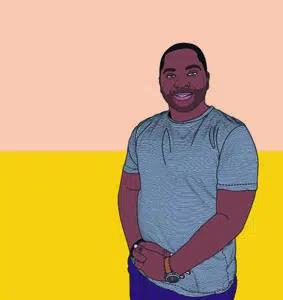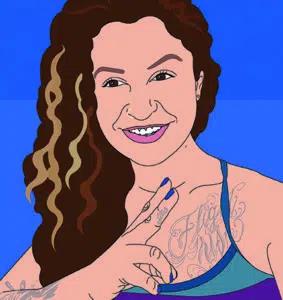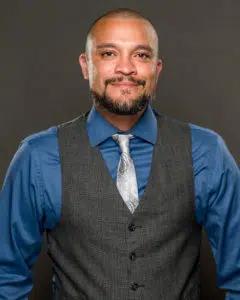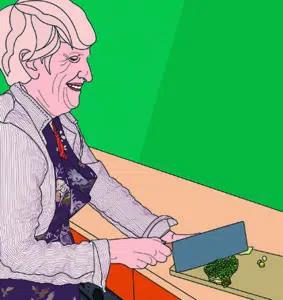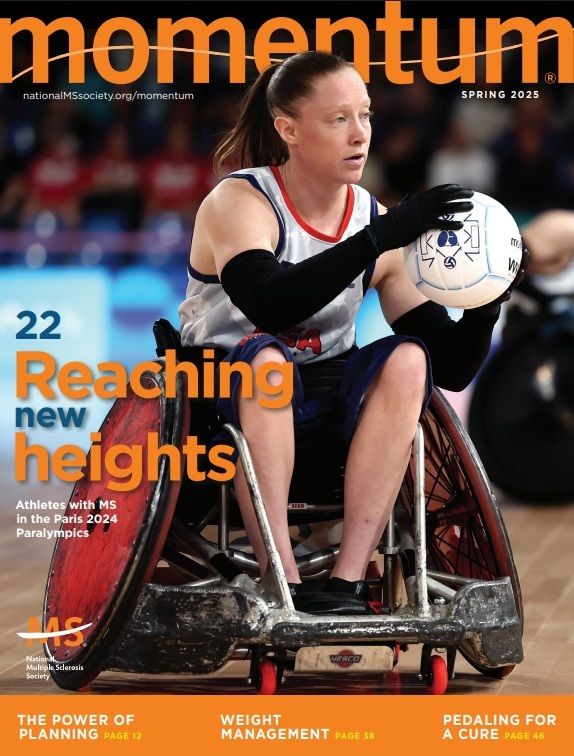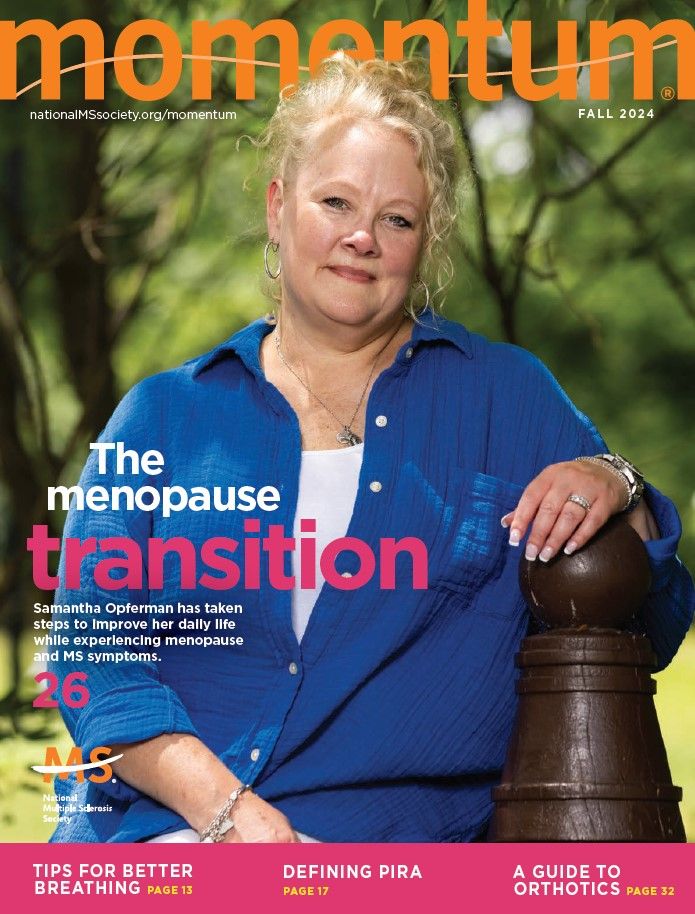Age: 30
Location: Jacksonville, Florida
Occupation: U.S. Coast Guard
Type of MS: Relapsing-remitting
Year of Diagnosis: 2019How were you diagnosed?
It was a regular Monday morning when I woke up to go to work. I got in the shower, and the water felt funny on my feet. I didn’t have 100% sensation. I got out of the shower and put on my socks, and it felt super weird — almost like I was putting on a second skin. By the time I got home from work, I had a tingling feeling up to my ankles, then my thighs. By Tuesday morning, my hands were a little numb, and I had a tingling sensation in my neck. I saw my military doctor, and he sent me to get an X-ray. That came back normal, but things kept getting worse. I got an MRI the following Monday, and on Tuesday I got a call from the clinic on base, asking me to come in. My doctor was there with the senior medical officer. The senior enlisted was there, too. I was like, “Holy smokes, what’s going on here?” They said, “There’s no easy way to say this, but, your MRI results came back today, and they’re consistent with a person who has multiple sclerosis.”How has your disease progressed?
There have been small changes. But my MRIs have been consistent since my diagnosis, so I can’t say 100% that it’s MS. One thing I’ve noticed, for example, is a loss of coordination. I have a 2-year-old, and if I get up too fast in the middle of the night because he’s crying in the other room, I stumble a little bit. But I don’t know if that’s MS, or if it’s just me getting older. Same thing with my vision. It’s OK, but it’s not what it was when I was 21. It could be MS. But also, I’m a decade older now.What are your current symptoms?
If I go for a brisk walk or a quick jog, I come home a little tingly afterwards. And my right hand gets a little numb randomly, but not enough to complain about. For the most part, I feel pretty good and can do the things I’ve always done.How has your treatment changed?
I realized pretty quickly that I should be seeing an MS specialist versus a regular neurologist. When I first got diagnosed, I saw a neurologist who basically told me to go home and research MS medications and to decide which one was best for me. I started out on Tecfidera, then switched to Ocrevus. And for the most part, Ocrevus has been great. I started seeing an MS specialist right after I got on it, and the level of care is vastly different.How do you manage your MS?
I like to be on the forefront of information. If something is going on in the medical community that might benefit me, I like to stay on top of it. One thing I discovered, for example, was vitamin D. I asked my neurologist, and now I take a high dose of vitamin D once a week.What’s your biggest challenge?
One of my biggest problems was controlling my emotions. When I was first diagnosed, I would just get so sad and depressed. There were a lot of other things going on at the same time, too. I was diagnosed with MS in September 2019, and my first kid was born in November. Then COVID hit. It was just really stressful. So I was in therapy for a year and a half. Being able to talk to someone for an hour a week made such a huge difference and helped me manage my emotions.What’s the best thing you do to take care of yourself?
When I was diagnosed, I reached out to the National Multiple Sclerosis Society and found a support group, and it was like finding a second family. There are so many people out there who have stories similar to yours, and there are so many different outlooks about MS. It helps to realize that you’re not in this thing alone.What advice do you have for someone who’s newly diagnosed?
Don’t lose hope. When I was first diagnosed, I thought it was the end of the world. Everything you can think of that’s bad, I thought that was going to happen to me. But there are so many people out there who live completely normal lives. There are bodybuilders with MS, pilots with MS — you name it. Your life isn’t over.


